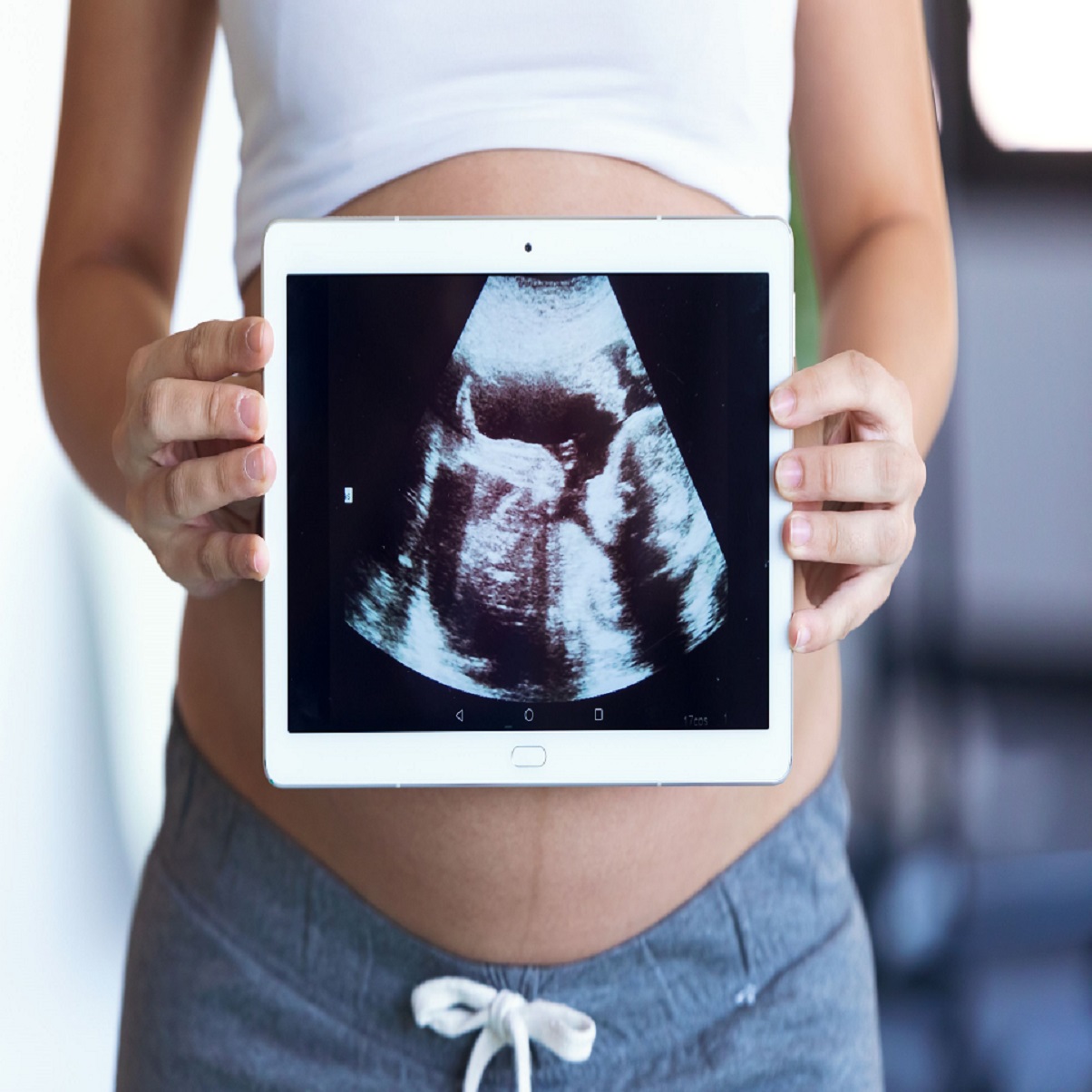Fetal Assessment
Fetal Assessment

Description
At around 18 to 23 weeks of pregnancy, an ultrasound is frequently performed. This test allows us to confirm an estimated due date and monitor your baby’s growth and development. The nonstress test, biophysical profile, modified biophysical profile, contraction stress test, and foetal movement count are the primary methods for foetal assessment.
An imaging method called a foetal ultrasound (sonogram) uses sound waves to create images of a foetus inside the womb. Your doctor can monitor your pregnancy and assess your baby’s growth and development using foetal ultrasound images. It takes about 30 minutes to finish, and when it is done, you and your baby’s caregiver will have detailed knowledge of the health of your child. This test is typically performed at the end of a pregnancy.
During pregnancy, the following screening techniques are available: either the multiple marker test or the AFP test. Amniocentesis. sample of chorionic villus. Pregnant women who experience foetal movements can tell that their foetus is developing and becoming stronger. These movements are typically felt by the mother first, after which other people may become aware of them. Health care professionals frequently instruct women on how to keep an eye on or be aware of the fetus’ movements.
Other Services

What Our Patients Say
It is a clinic with committed and skilled gynaecologists that diagnose and treat patients’ gynaecological disorders.
Dr Brunda and her expertise made it possible for me to conceive naturally even after not having a Fallopian tube and after being strongly PCOD. Her guidance through out both my pregnancies enabled me to have a happy and a healthy pregnancy. Highly recommend her for high risk pregnancies.
Dr Brunda Channappa is very experienced and a highly professional doctor. I had very good experience because of the help and support I got during my two pregnancy consultation and delivery.


